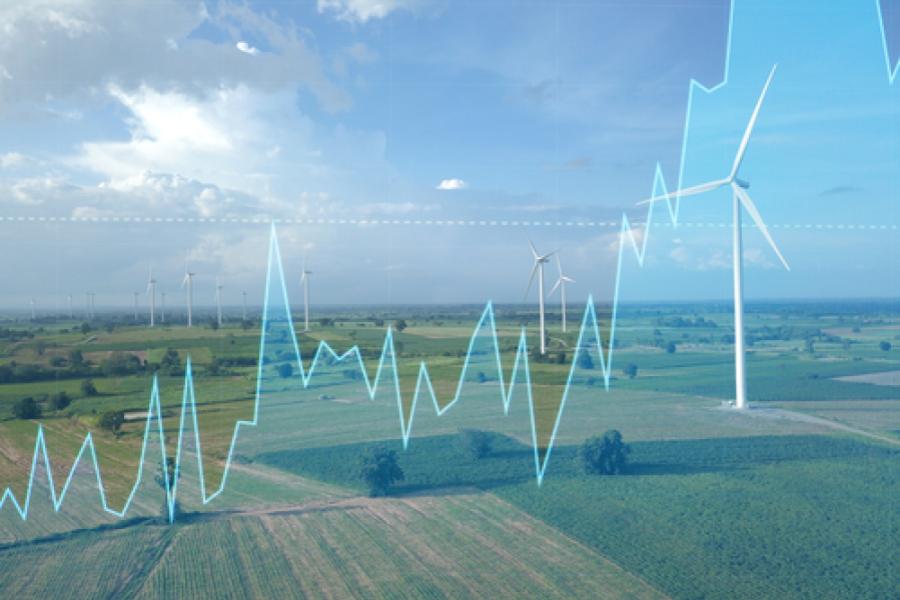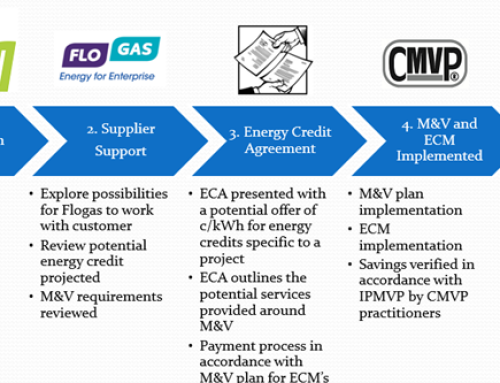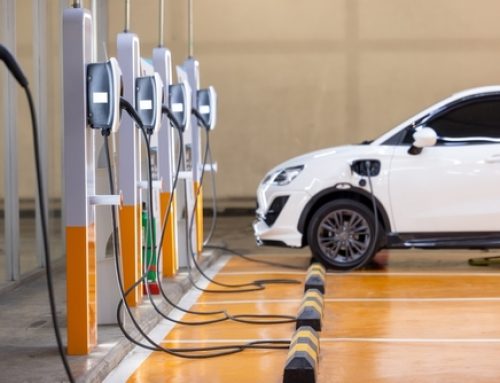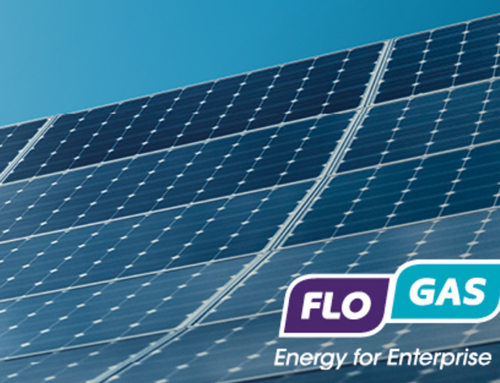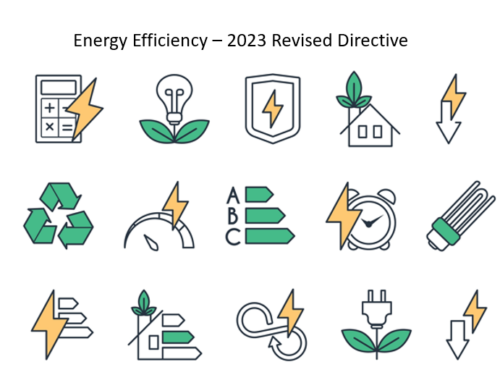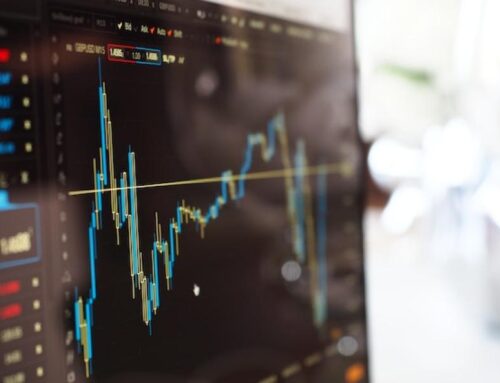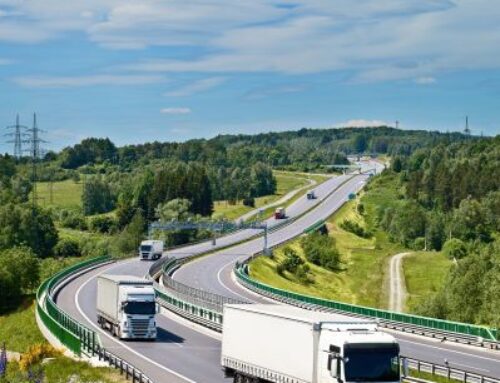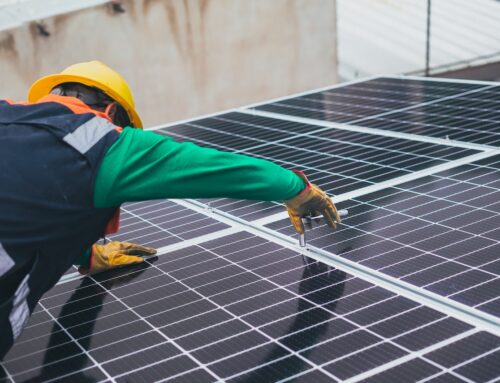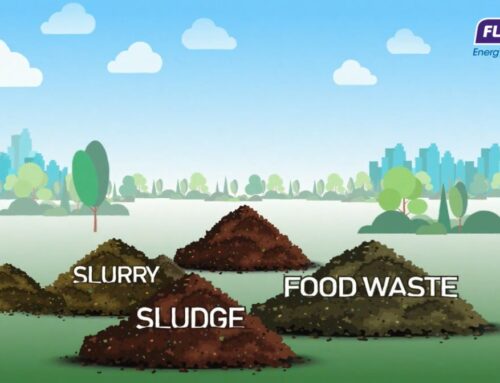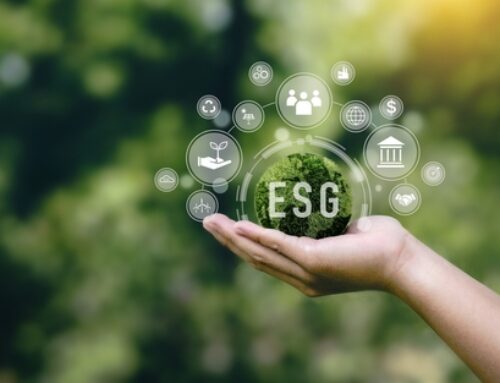An Irish research consortium says that Ireland can lead the way in offshore wind energy generation. EirWind, a research project involving University College Cork (UCC) has highlighted the potential for offshore wind generated off Ireland’s coasts to be converted into hydrogen energy.
The project, which is due to publish its 30-year strategy for harnessing offshore wind energy this week, has called Ireland an ideal location for offshore wind farm development stating ‘’Ireland has more offshore wind resource than energy demand and could become a hydrogen exporter.’’
The Eirwind strategy identifies three “production zones” in the Irish Sea, Celtic Sea and Atlantic Coast and is expected to recommend master plans for ports including Cork Harbour, Rosslare, Co Wexford and Killybegs, Co Donegal, to support offshore wind and wave development.
Meanwhile, renewable electricity use is setting records across Europe in 2020. The European Commission has issued its quarterly report on European Electricity Markets which has found that renewable energy sources accounted for 40% of Europe’s electricity mix in the first quarter of 2020, the highest figure on record.
The Commission reports energy consumption falling 3% year-on-year in the EU27 due to the Covid-19 pandemic with Italy, Spain and France the countries most impacted.
The shift away from fossil fuels caused the carbon footprint of electricity generation in the EU27 to decrease by 20% year-on-year in the first quarter, according to preliminary estimates.
Elsewhere, it is believed that newly designed solar panels could help to decontaminate drinking water in developing countries.
Researchers in the United States are looking at developing a specially designed solar panel which, when placed in contaminated water sources could efficiently use sunlight to create clean drinking water.
They say that this breakthrough is based on laser processing technology that boosts the absorption potential of aluminium solar panels, allowing them to be used in solar water purification.
Prof. Chunlei Guo said ‘’this is a simple, durable, inexpensive way to address the global water crisis, especially in developing nations.”


